The council introduced an annual charge of £40 per 240l green bin in April 2021, after a delay due to the Covid-19 pandemic.
Prior to the charge, the council estimated around 70% of residents with gardens used the service, which has dropped by around 8% since the fee was introduced.
Despite this, tonnage levels have remained largely the same and the council says there is “no sign” of residents placing green waste in their black bins.
The council says the £128,315 raised in two months will also help cover the estimated £498,000 annual cost of running the service.
When asked if the strong participation rate showed it was unnecessary to introduce mandatory free garden waste collections, as proposed as part of the government’s Environment Bill, North Warwickshire’s waste and transport manager, John Rhodes, told letsreycle.com: “Undoubtedly yes – especially when you take the time to explain why charges are being made. However, this will be infinitely easier to answer when our customers renew their green waste service next year.”
Volumes
A council report, which went before North Warwickshire’s community and environment board on 26 July, showed that between April and June 2019, the council collected 742 tonnes of garden waste. This rose to 780 tonnes between April and June 2020, before falling to 744 tonnes between April and June 2021.
The yield per property has increased slightly per property participating– John Rhodes, North Warwickshire’s waste and transport manager
Mr Rhodes said: “The yield per property has increased slightly per property participating. There is a slight decrease in actual tonnage overall, but fluctuations have occurred every year due to environmental factors throughout the year.”
The report states there are “no signs” that residents are placing green waste in their black bins “to any great extent”.
During the first weeks of the new service, residents who presented green bins for collection but who had not paid for them to be emptied were left with “Oops!” stickers to encourage them to join the scheme. By 26 July, around 1,200 such stickers were used, at a rate of about 75 per week.
The report says the council’s Contact Centre received only three complaints about the introduction of the charge in February and March.
Household signed up to the service are entitled to claim discount vouchers worth more than £100 at Planters Garden Centres. By 26 July, Planters had redeemed just under 5,000 vouchers, equating to nearly a third of all the households signed up to the service.
In-cab technology
Meanwhile, in a meeting of the North Warwickshire’s community and environment board on 11 October, members approved the purchase and introduction of in-cab technology for waste and recycling collection vehicles.
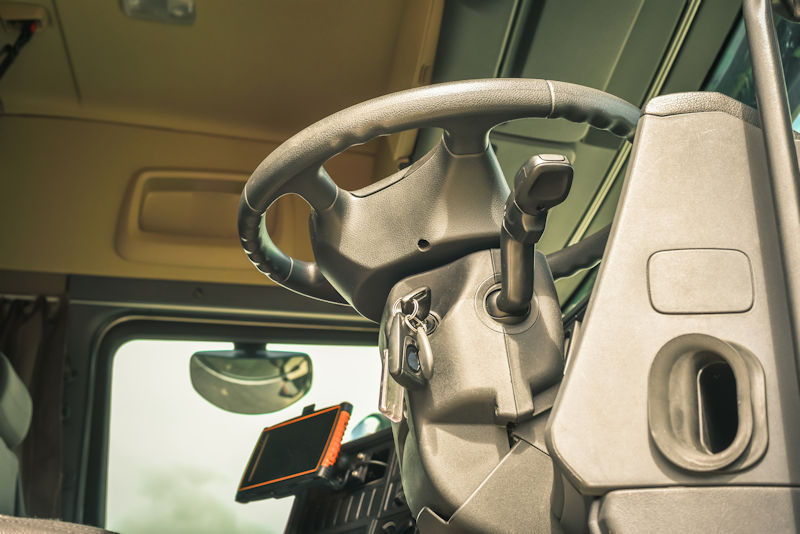
A report says officers evaluated several in-cab solutions and identified the Webaspx system as the “best and most cost-effective option”.
The report says introducing the technology would cost £87,350 in the first year and £38,013 per year thereafter. This includes 15 in-cab units, back-office web portals, database hosting, training, and implementation support.
Implementing a comprehensive in-cab system has “numerous benefits” including increasing service efficiencies in key areas, improving the quality and management of performance data, and improved access to service information for customers and staff, the report says.
The council also estimates the implementation of the technology will save at least £20,000 in direct costs associated with fuel and overtime.
North Warwickshire
Representing an estimated population of nearly 65,000, North Warwickshire borough council had a household waste recycling rate of 47.9% in the 2019/20 financial year.
According to the report from 26 July, there was an overall underspend on the council’s refuse and recycling services of £107,522 between 1 April and 30 June.




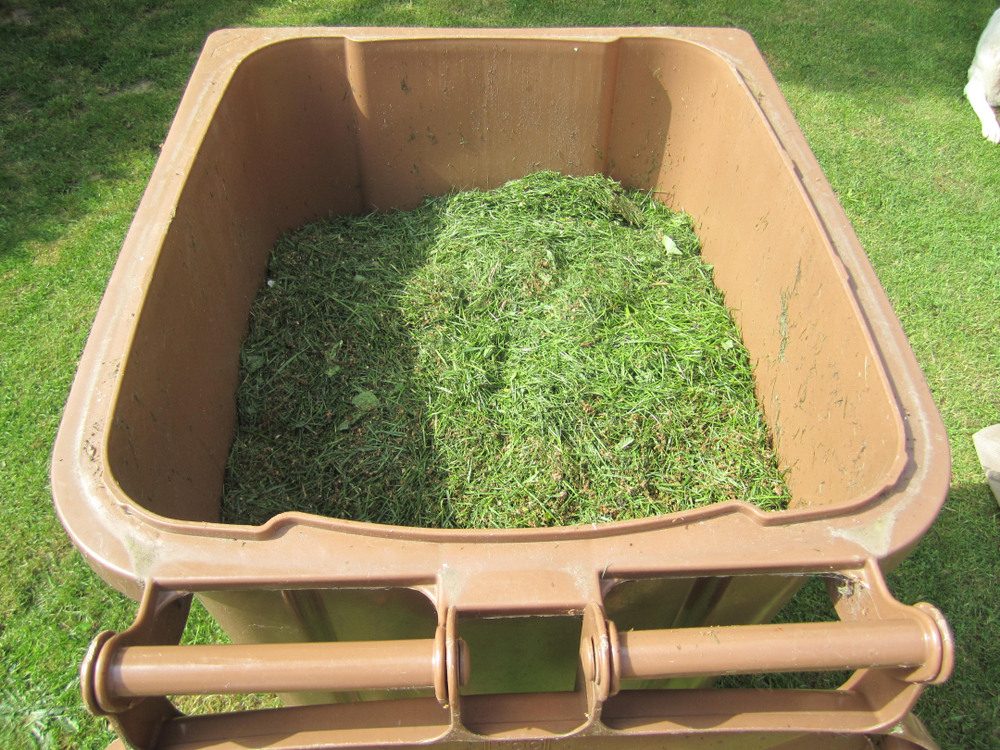
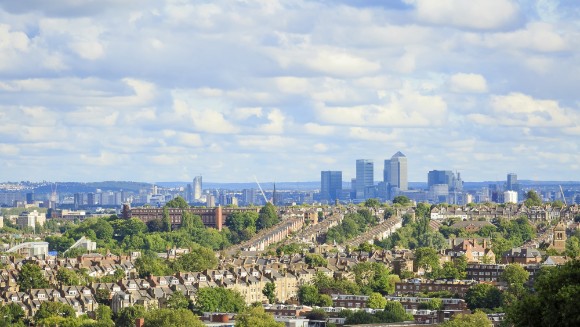
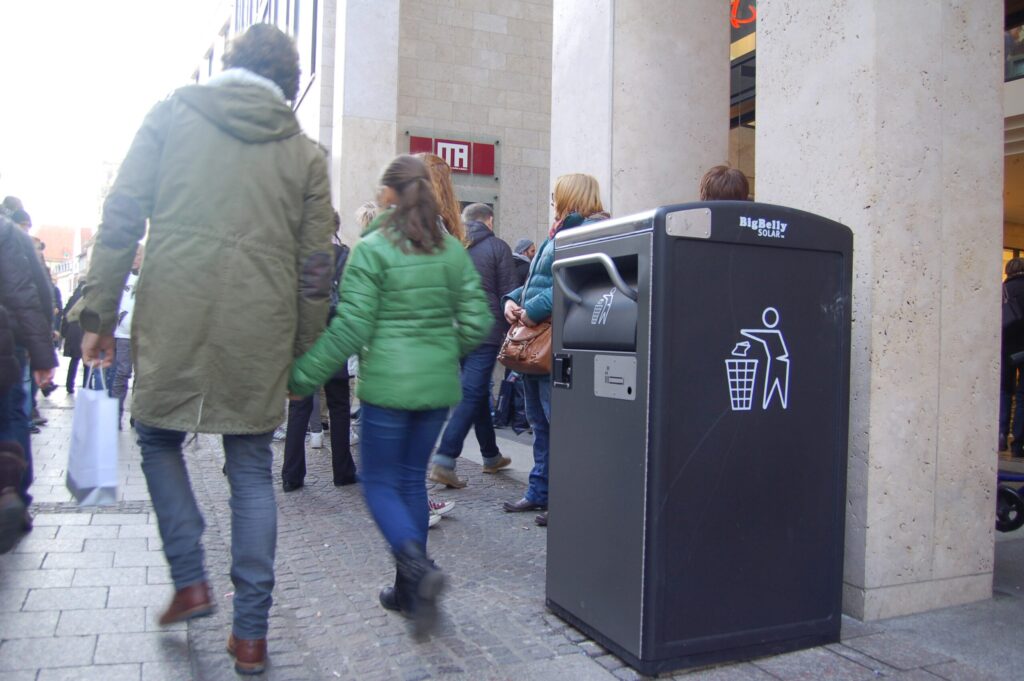
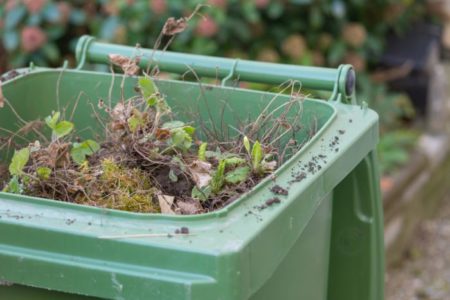

Subscribe for free